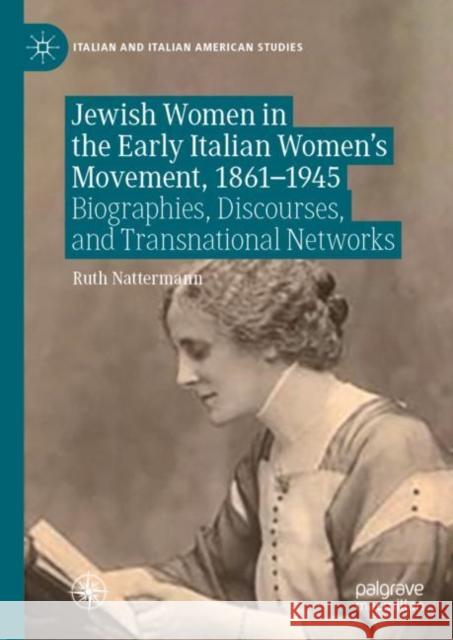Jewish Women in the Early Italian Women's Movement, 1861-1945: Biographies, Discourses, and Transnational Networks » książka
topmenu
Jewish Women in the Early Italian Women's Movement, 1861-1945: Biographies, Discourses, and Transnational Networks
ISBN-13: 9783030977887 / Angielski / Twarda / 2022 / 387 str.
Jewish Women in the Early Italian Women's Movement, 1861-1945: Biographies, Discourses, and Transnational Networks
ISBN-13: 9783030977887 / Angielski / Twarda / 2022 / 387 str.
cena 564,88
(netto: 537,98 VAT: 5%)
Najniższa cena z 30 dni: 501,19
(netto: 537,98 VAT: 5%)
Najniższa cena z 30 dni: 501,19
Termin realizacji zamówienia:
ok. 22 dni roboczych.
ok. 22 dni roboczych.
Darmowa dostawa!
Kategorie BISAC:
Wydawca:
Springer Nature Switzerland AG
Seria wydawnicza:
Język:
Angielski
ISBN-13:
9783030977887
Rok wydania:
2022
Ilość stron:
387
Wymiary:
21.0 x 14.8
Oprawa:
Twarda
Dodatkowe informacje:
Wydanie ilustrowane











